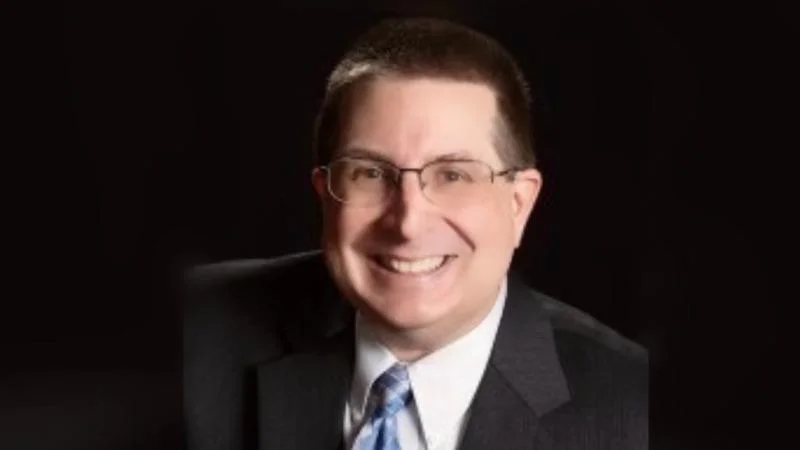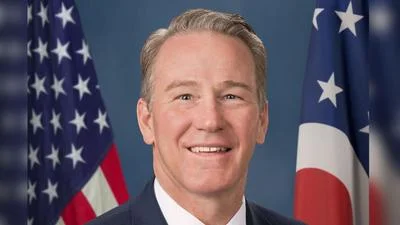Dean Rieck, Executive Director at Buckeye Firearms Association | LinkedIn
Dean Rieck, Executive Director at Buckeye Firearms Association | LinkedIn
Anti-gun lawmakers in Washington, D.C., are expressing strong opposition to provisions in H.R.1, the "One Big Beautiful Bill Act," which aims to ease suppressor regulations. These provisions would remove suppressors from the National Firearms Act (NFA) but still regulate them under the Gun Control Act (GCA). This change would eliminate the need for additional background checks and other requirements like submitting ATF Form 4 and paying a $200 tax stamp.
Senator Chris Murphy (D-Connecticut) voiced his concerns on social media, stating, "A hidden provision of the bill…wait for it…legalizes gun silencers!! What?? So now criminals will be able to hide their crimes and police will lose the ability to respond to mass shootings. WTF." He further claimed that suppressors would enable criminals to commit crimes secretly.
However, advocates argue that suppressors do not completely silence firearms but merely reduce noise levels from harmful decibels to safer levels. In response to Sen. Murphy's assertions about increased mass shootings due to suppressed guns, evidence suggests otherwise. For instance, during a 2019 incident in Virginia Beach involving a suppressor, witnesses reported hearing gunshots.
Senate Minority Leader Chuck Schumer (D-New York) also criticized the bill's provisions by saying, “Who wants a silencer? Not the average citizen... The only people who want silencers are criminals because they don’t want people to hear their bad, horrible, deadly deeds.” Yet statistics show that suppressors are legally owned in many states and are increasingly popular among lawful users.
Senator Mark Kelly (D-Ariz.) raised concerns about how suppressors might affect ShotSpotter gunfire detection systems used by law enforcement. However, according to ShotSpotter’s fact sheet by SoundThinking, these systems can still detect suppressed gunfire though it presents more challenges.
The debate continues as these legislative changes progress through Congress.






 Alerts Sign-up
Alerts Sign-up